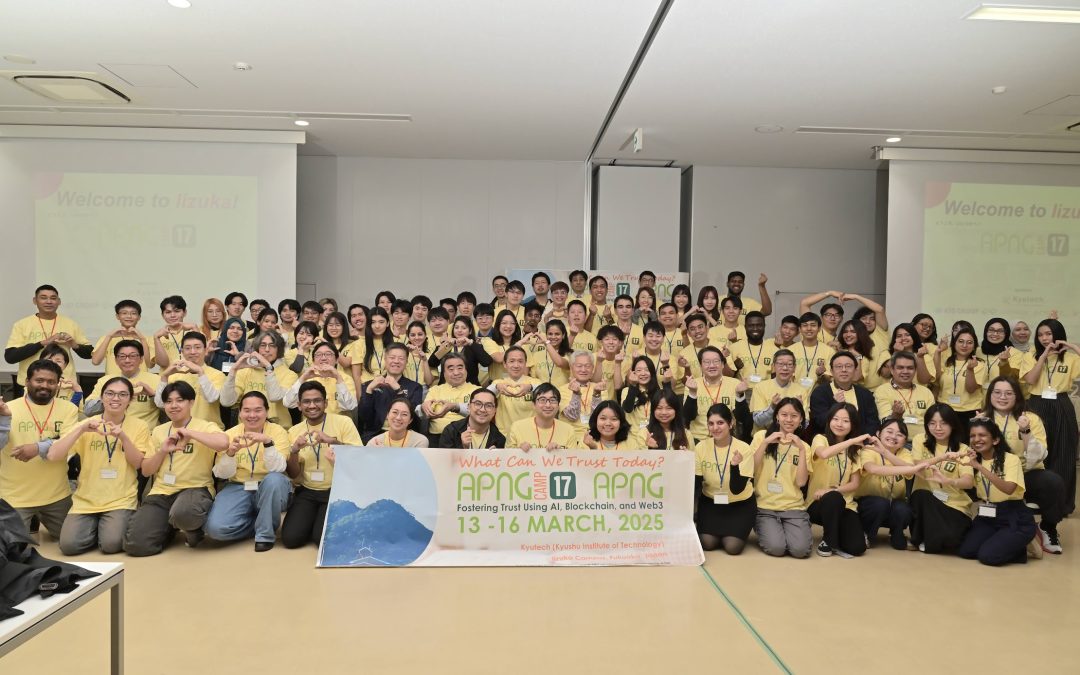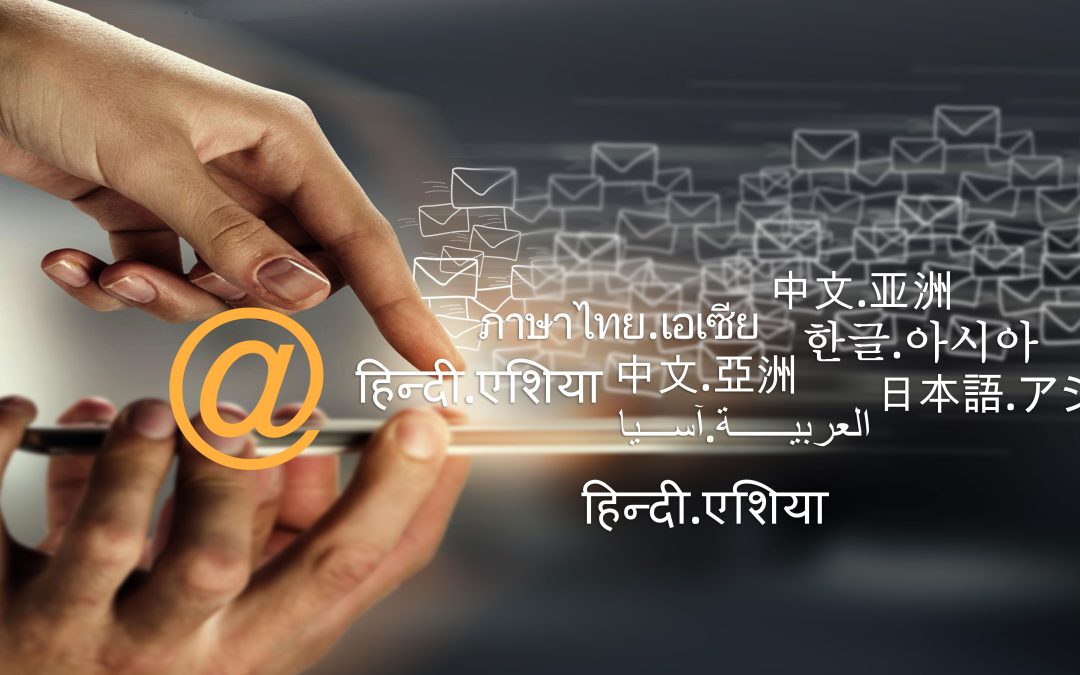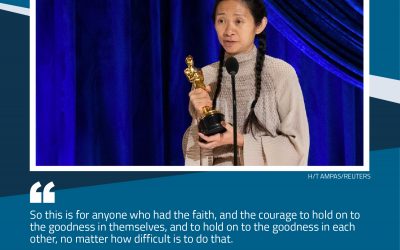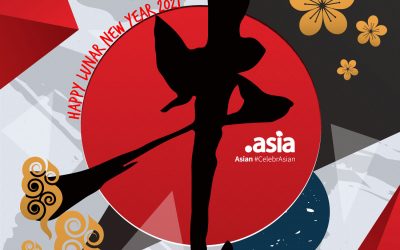For B2B companies in Asia Pacific, there has never been a better time to expand into E-Commerce. Econsultancy recently surveyed 500 marketers across the Asia Pacific region. Their resulting report notes that companies have taken it upon themselves to accelerate technology, expertise and manpower in order to grab a part of the B2B E-Commerce pie, estimated to be worth US$6.7 trillion by 2020.
Looking deeper into their findings, we witness companies across ASEAN, India and Australasia developing more thorough enterprise/ecommerce integration. Their email, customer service and CRM systems have matured, with more intending to speed this up in coming years. Also, in terms of functionality, we see more businesses in Asia Pacific fully utilising their content management system, merchandising and back-office integration. As for the greatest challenges facing their E-Commerce integration, companies mentioned it was the complexity of the business and a lack of strategy which would deter them from adopting an E-Commerce integration.
With the value of B2B E-Commerce skyrocketing, so is the demand to be online and visible with a memorable website and domain name. Internet user penetration in Asia has gone up from 35.1% in 2014 to reach an projected 48.8% of the population according to Statista. No matter how complex the business model, a website is the starting point for any company to start selling their services online. As more small businesses look for opportunities to expand their business, demand for third party B2B services becomes more pronounced.
Here at .Asia, we are seeing some excellent B2B E-Commerce usage using .Asia domain names. Commerce.Asia is one such company. They are a South East Asian ecosystem builder that assists SMEs, Brands & Micro-entrepreneurs to sell online by providing them with end-to-end omnichannel commerce solutions. Canlaw.Asia aims to be a leading legal technology consultancy in Southeast Asia to help accelerate technology adoption among law firms, corporations, SMEs and individuals. We expect to see the market for B2B business expand with the power of the web.
This.Is.Asia Newsletter Issues
This.is.Asia December 2021 Issue
This.is.Asia October 2021 Issue
This.is.Asia October 2021 Issue
This.is.Asia August 2021 Issue
This.is.Asia August 2021 Issue
This.is.Asia June 2021 Issue
This.is.Asia April 2021 Issue
This.is.Asia February 2021 Issue

17th Asia Pacific Next Generation (APNG) Camp
The 17th APNG Camp successfully provided a collaborative space for young Internet leaders to explore critical topics related to trust in the digital age.

Beyond ASCII: The Vital Role of Email Address Internationalization in a Connected World
As the world becomes more connected, the need to use domain names and email addresses in local languages and scripts also continues to rise. EAI adoption has been growing in recent years, according to a Universal Acceptance Steering Group (UASG) report, as of May 2021, around 9.6% of email domains now support Email Address Internationalization (EAI), marking a noteworthy improvement from previous years. This progress indicates that EAI support is becoming more prevalent, ultimately making it simpler for individuals across the globe to utilize email addresses in their preferred languages and scripts
Continued Commitment to the Vision and Mission of DotAsia
An Open Letter and Call for Support Dear DotAsia Board and the Asia Pacific Internet Community, Thank you for the invitation for me to submit to you my ongoing commitment and vision for DotAsia to be a contributor to the regional and global Internet community as the...

AAPI Heritage Month: Interview with Tommy Ho
Asian American heritage is about inclusion. It’s a description that cuts a wide cloth across a vast array of cultures and peoples, and it’s important to celebrate the similarities and differences. I see that diversity represented within GoDaddy’s Employee Resource Group (ERG), and GoDaddy Asians are growing. Especially during these unpredictable times, our sense of belonging that we feel through our groups help to boost mental and physical health.





